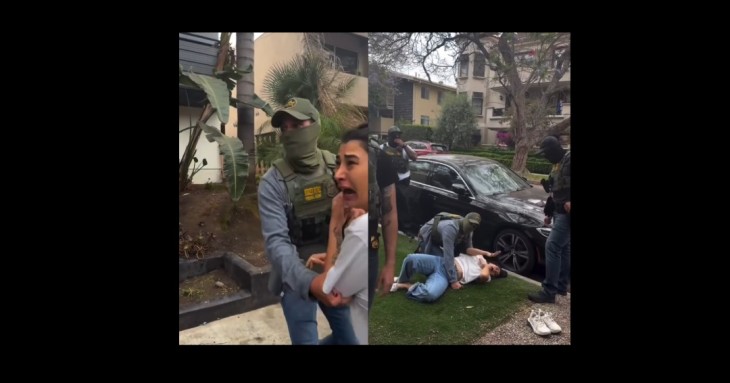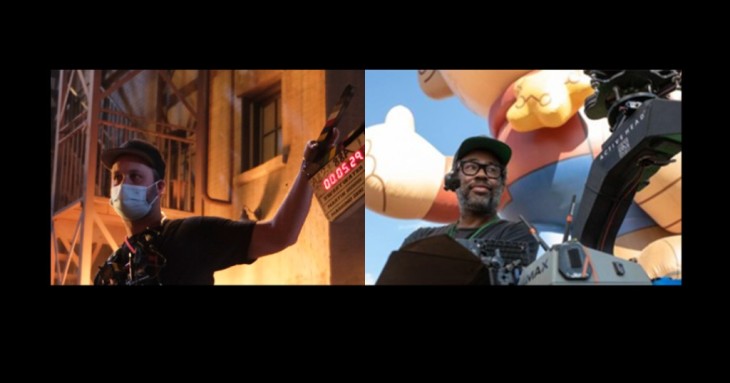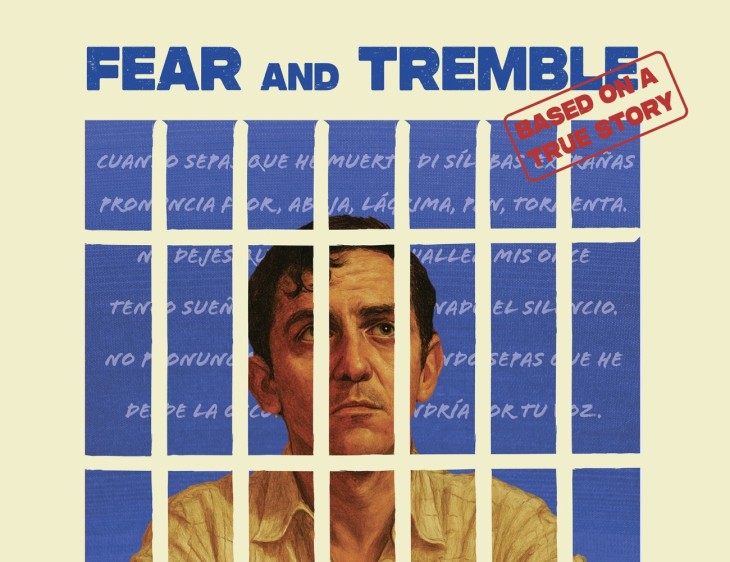Finding the right mental health approach is critical for teens in L.A. There are plenty of options out there that range from medications only to a variety of therapeutic approaches. Cognitive behavioral therapy has a sub-approach called dialectical behavior therapy (DBT). While CBT is often used to treat depression and anxiety, DBT is being used more and more, especially in teens with other mental health conditions. There are many benefits to using DBT for teens in L.A., so here’s what you need to know.
What is Dialectical Behavior Therapy (DBT)?
Dialectical behavior therapy is a modified version of cognitive behavioral therapy that was designed specifically for people with borderline personality disorders. It turns out that DBT is a very useful approach for not just people with BPDs, but also for people who are dealing with almost any mental health issue.
The focus of DBT treatment in teens in L.A. is on emotional regulation, healthy stress-coping skills, improving friendships and relationships with caregivers, and even learning to live with less fear of the future. Teens who undergo this type of treatment may also be concurrently receiving care and medication, and other forms of therapy to help them with their mental health. This holistic approach focuses on developing healthy patterns of behavior that can impact mental wellness.
What Mental Health Conditions Can DBT Help With?
OCD in Teens
Teen OCD can manifest itself in many ways. OCD teens in L.A. often find themselves checking that the door is locked when they are home alone more times than is necessary “just to be sure.” They may have a hard time feeling clean, so they take multiple baths or showers a day and change their clothes more than once a day as well.
Bipolar Disorder
DBT was first used on patients with personality disorders, but medical professionals started using it to approach bipolar disorders with similar success. Teens with bipolar disorders often experience extreme highs and lows with their emotions. The skills they learn through dialectical behavior therapy help them to manage their responses. As a result, they experience better mental health and better relationships.
Anxiety and Depression
While cognitive behavioral therapy for teens is already showing promising results, DBT can also be used to help teens in L.A. with anxiety and depression. It can help teens accept what is true about their life right now and be able to make healthy changes.
Eating Disorders
Many eating disorders in teens are linked to other mental health issues. Some teens may also experience depression, anxiety, and even OCD along with their eating disorder. Using DBT to approach each issue can help teens develop a healthier sense of self-worth along with normalized eating habits. DBT helps teens with eating disorders overcome fears, gain self-acceptance, and more.
What are the Benefits of DBT in Teens?
One of the best things that DBT does for teens in L.A. is that it teaches them not to worry about the future. Too many youths are riddled with fears and anxieties about things that aren’t even in the here and now. But by teaching them to focus more on things happening at the moment, these teens can learn healthy coping skills and develop strategies to overcome each obstacle as they come. They don’t need to think about something five years down the road that may or may not even happen.
Another way that DBT benefits teens in L.A. are that they learn stress management techniques they can use now and later in life. There are many adults who never learned how to manage stress appropriately. This means they often become burned out and overwhelmed by things happening in their lives and at work. Learning DBT as a teen means that these young people now have the tools they need to manage even bigger stressors later as they mature.
Teens who go through DBT may start to experience healthier relationships. Some teens with mental health struggles are known to choose friends and romantic relationships that are not beneficial to them. Teens are more at risk of getting into abusive relationships as well if they are struggling with their mental health. By going through dialectical behavior therapy, these teens are more likely to improve their relationships with their families and to make better friendship choices.

























